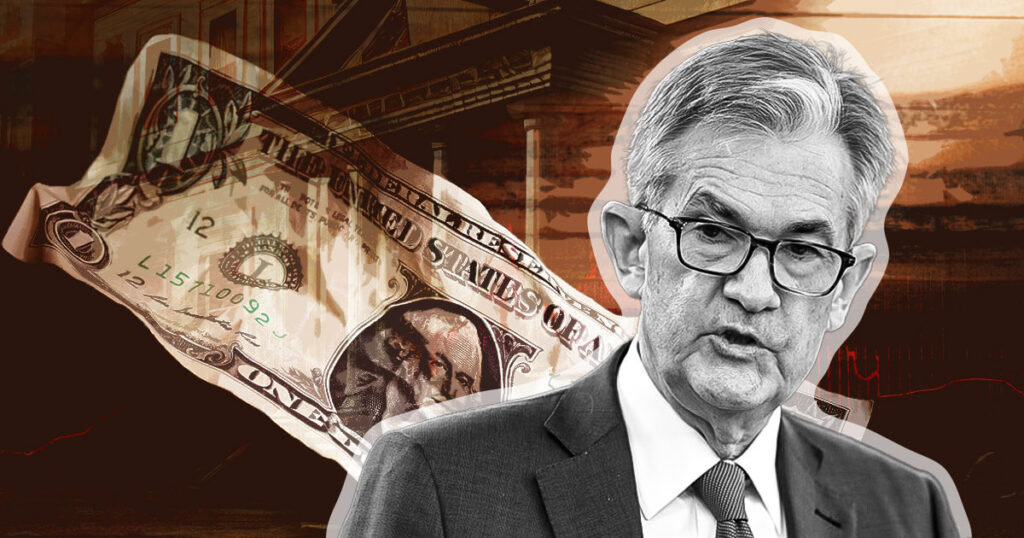Federal Reserve Chair Jerome Powell has reiterated that the US will not be introducing a central bank digital currency (CBDC) during his tenure. Powell’s statement came during the “Semiannual Monetary Policy Report to Congress” on Feb. 11, in response to concerns raised by Senator Bernie Moreno about the potential for the US to follow in China’s footsteps and issue a CBDC.
Following Powell’s confirmation, Senator Moreno expressed his approval, stating, “Thank you for that. I think it is extremely important, it makes me very happy to hear you say that.” This stance aligns with President Donald Trump’s executive order on Jan. 23, which prohibits federal agencies from advancing in creating a CBDC.
Powell has consistently dismissed the idea of a Fed-issued CBDC, stating during a Senate Banking Committee hearing on monetary policy in March 2024 that the Federal Reserve is not close to implementing one. He assured lawmakers that “People don’t need to worry about a central bank digital currency; nothing like that is remotely close to happening anytime soon.”
Federal Reserve Governor Christopher Waller has also expressed skepticism about the necessity of a CBDC in the US payment system. At The Clearing House Annual Conference 2024, Waller questioned whether a CBDC addresses any real market inefficiencies and reiterated his stance that he has yet to hear a compelling reason for its adoption.
Waller emphasized the importance of the private sector driving payment innovation through competition, arguing that market-driven solutions are more effective than government intervention. He suggested that the government should support, rather than compete with, the private sector in advancing payment systems until a clear need emerges that cannot be met by market-driven solutions.
These statements from Powell and Waller underscore the Federal Reserve’s cautious approach to CBDCs, preferring to let the private sector lead financial innovation while avoiding direct government involvement in personal finance. The Fed’s stance reflects a commitment to maintaining the status quo and allowing market forces to dictate the evolution of the payment system.

